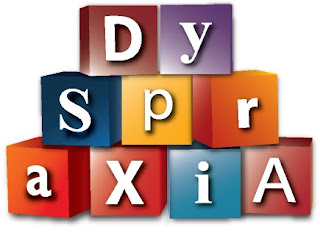What is it like to have dyspraxia?

What is dyspraxia? In this article, we are not just going to describe dyspraxia to you but also try to get you to imagine what it is like to be dyspraxic. We would just like to point out that everyone with dyspraxia is, of course, unique so please don’t assume that every single person will experience every single difficulty! Firstly, we will start off with the basics. For all of us to perform any task, our brain will send our body signals telling it what to do. For most people, these signals are transmitted succesfully. However, for someone who is dyspraxic these signals get muddled along the way – you could even picture them as tangled wires. This can affect us in a variety of ways, from physical difficulties to social difficulties. Physical difficulties are, in our opinion, the most understood aspect of dyspraxia (and even then the understanding isn’t great!) Imagine you’re on a walk and you start walking down a hill. For the majority of people, their brains will send...
